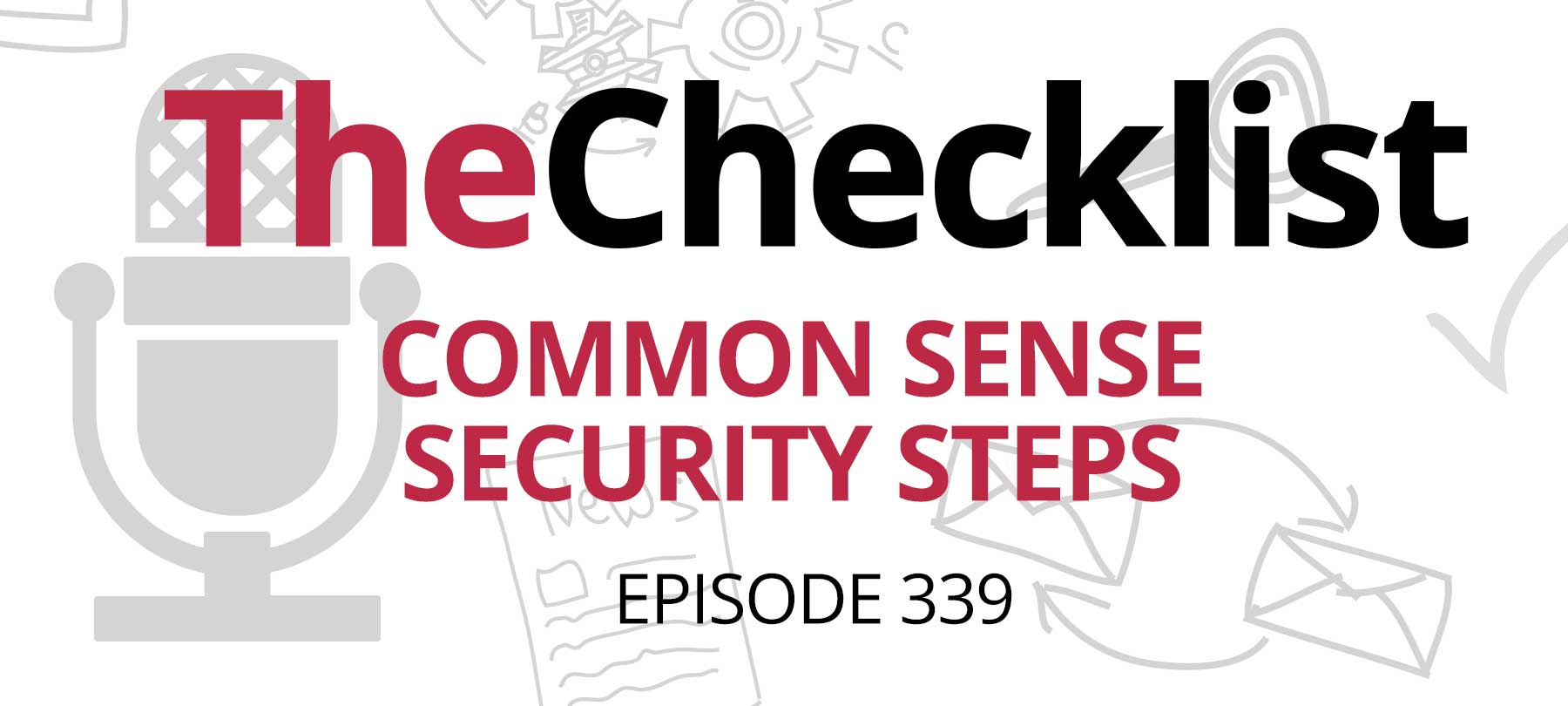Apple Reveals That Government Security Requests Are Becoming More Common
The government is getting more comfortable asking tech companies to hand over user data. At least, that’s the conclusion that you might draw after reading Apple’s recent “Report on Government and Private Party Requests for Customer Information” from the second half of 2016.
According to the report, Apple received about twice as many United States Government National Security Requests between July 1 and December 31, 2016, as it did from January 1 to June 30. In the first half of the year, Apple received 2,999 national security requests from the US Government. In the second half of the year, that number jumped to 5,999. These requests affected about 5,000 Apple accounts.
Overall, beyond U.S. Government data requests supposedly connected to national security, Apple received a total of 30,184 data requests from governments around the world. Those requests identified more than 151,000 devices—suggesting that governments are seeking data from all Apple devices that identified users own.
Apple was careful to note that not all these requests boiled down to governments snooping on their citizens. The report stated that some percentage of data requests are made by law enforcement agencies who are trying to help users recover their stolen devices. In other cases, law enforcement are investigating fraud or identity theft and submit data requests to assist in those investigations.
Still, it remains a mystery what the United States Government is looking for when it submits national security requests. In a line of their report that has received a lot of attention around the web, Apple did note that one of the national security letters it received from the government has been declassified. (National security letters are usually accompanied by a gag order, which forbids the recipient from disclosing the contents to anyone.)
However, the Apple report did not go into detail about the contents of the letter, and the company has not released the letter to the public. In the past, tech companies like Twitter and Google have shared information about declassified national security letters—most of which ask for names and addresses of identified users, as well as details of how long their accounts have been in service.
Apple, of course, has something of a strained history with federal law enforcement. Last year, Apple refused to help the FBI unlock an iPhone that belonged to the perpetrator in December’s San Bernardino shooting, which led to the deaths of 14 people. Apple CEO described the request and its privacy implications as “chilling,” and the FBI ultimately unlocked the phone without the company’s assistance.

